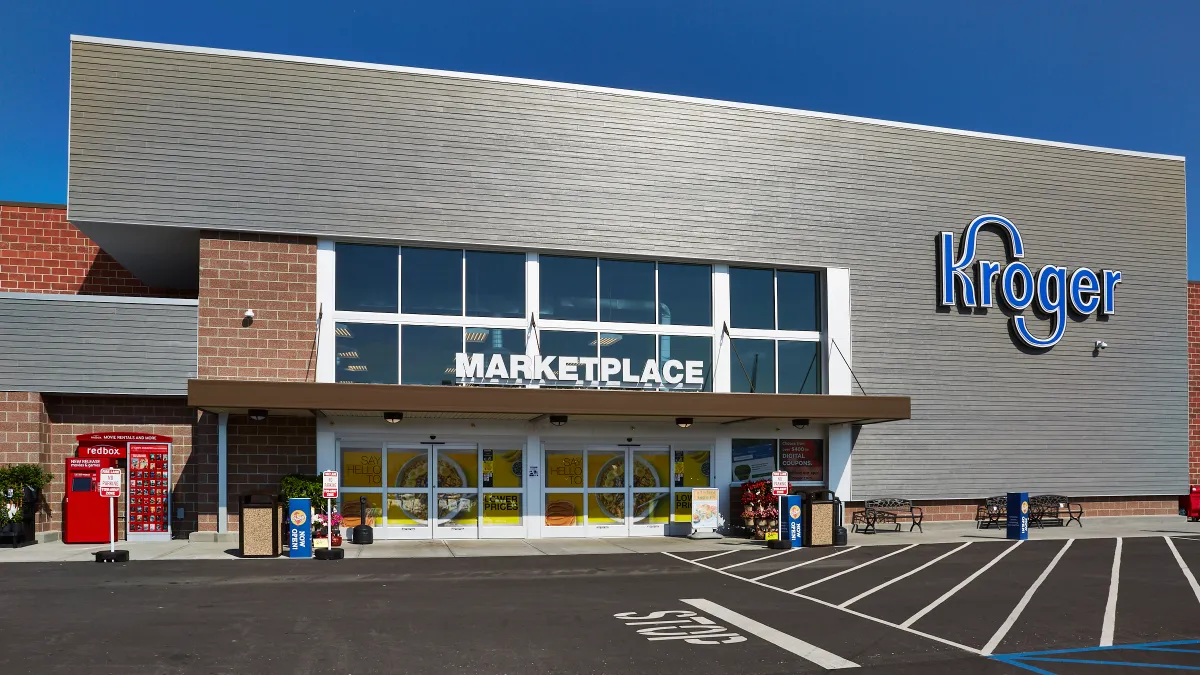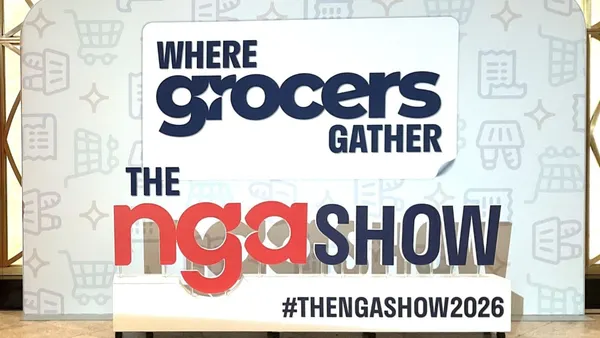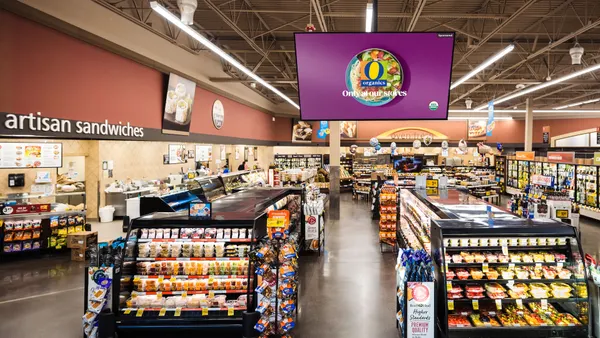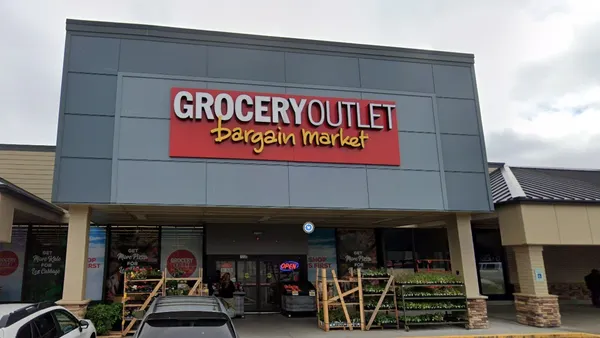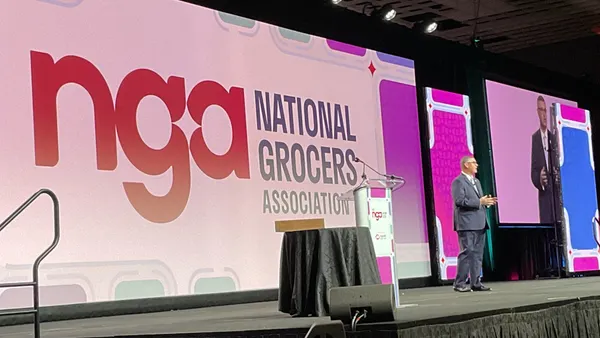Dive Brief:
- Kroger and Sprouts Farmers Market will be among the first grocers to implement new artificial intelligence technology from Instacart that lets shoppers build baskets by conversing with an AI-powered online agent, according to a pair of Tuesday announcements.
- The tool, known as Cart Assistant, is part of a bundle of AI tools designed to help grocers track shopping activity and develop customized experiences for customers, Instacart announced on Tuesday.
- Instacart’s new technology suite, called AI Solutions, also includes a system that allows retailers to track and analyze inventory, and a tool that helps them build catalogs with nutrition, ingredient and other item details.
Dive Insight:
Kroger said it plans to introduce Cart Assistant to shoppers through Apple’s iOS mobile operating system, without indicating when it might bring the technology to other platforms.
Cart Assistant uses agentic AI, which uses language models that make decisions and take actions based on information they gather. The predictive tool, which can work with Instacart’s Storefront Pro digital commerce platform or be embedded into Instacart’s Caper Cart smart carts, helps shoppers with meal planning and budgeting in addition to making product suggestions.
Instacart said Sprouts would be the first retailer to begin using Cart Assistant. The specialty retailer will use the system on its website and apps as well as on Caper Carts in its stores, Instacart said.
Kroger and Instacart, which have worked together since 2017, also said they are boosting access to Kroger’s Express Delivery service through the grocer’s website. The companies said shopper use of the service “continues to rapidly grow,” but did not provide details about how they are expanding the convenience delivery service.
In addition to Cart Assistant, Instacart’s new suite encompasses four other areas the company also described as central to enabling grocery retailers to tap AI to help run their businesses and connect with shoppers. Those areas include agentic commerce, which is built around connections between Instacart’s grocery platform and generative AI systems run by companies including OpenAI, Google and Microsoft.
In October, OpenAI announced that Instacart was among a group of 11 companies that would launch integrations with OpenAI’s generative AI platform, ChatGPT, in late 2025.
Instacart’s AI Solutions suite also includes a system that uses images and videos recorded by the company’s in-store workers and Caper Carts to provide live inventory information. The tool, called Store View, uses computer vision to detect whether goods are on the shelf, close to selling out or out of stock, which Instacart said can help retailers make more accurate forecasts.
Good Food Holdings is already using Store View, and the capability will launch soon at McKeever’s, according to Instacart.
Instacart is also offering a system that lets retailers collect details about products, including nutrition and allergen information as well as health tags. The tool, called Catalog Engine, can infer relevant product characteristics based on the search terms shoppers use.
In addition, Instacart has introduced a system that lets retailers access analytics and insights about their operations by entering questions. The tool includes dedicated portals for leadership teams and groups that handle functions such as merchandising, marketing and operations.
“These new AI solutions mark the next chapter in our enterprise story,” Instacart CEO Chris Rogers said in a statement. “In an era of rapid technological change, we’re helping grocers of all sizes not only keep pace, but also compete — and win — in an AI-powered world.”


